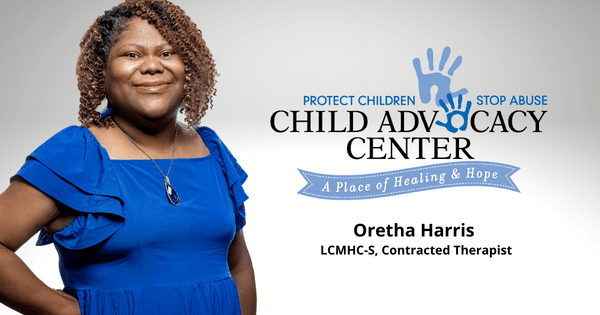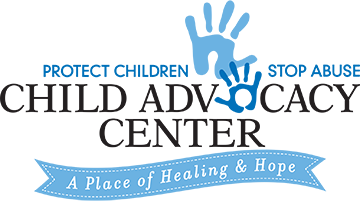
Imagine waking up to the sound of loud voices, screams and punches. Sounds that unfortunately are too familiar. Sounds that have become so custom to your daily routine that it's expected. This is how Domestic Violence or Intimate Partner Violence (IPV) experiences are for far too many children. Children are often the hidden or silent survivors of IPV, and some are directly injured, while others are frightened witnesses.
Not all children exposed to IPV are affected equally or in the same ways. Immediate reactions to IPV may include heighten generalized anxiety, sleeplessness, nightmares, concentrating problems, increased aggression and increased worry about their parent and separation from the parent. Long term effects may include behavior problems (e.g., delinquency, alcohol, or substance abuse issues) and long term emotional and attachment difficulties in relationships. This includes relationships with self, parents, intimate relationships, friendships, coworkers, and the relationship with their own children.
There are a wide variety of counseling and mental health interventions available to families affected by intimate partner violence (IPV). For children, interventions include groups, individual therapy, and dyadic treatment with their non-offending parent. At the Child Advocacy Center, we provide primarily individual and group. An essential component of intervention with all children is the priority of supporting and strengthening the relationship between the non-offending parent and the child. For most children, a strong relationship with a parent or caregiver is a key factor in helping a child heal from the effects of IPV.
Although counseling is an amazing tool every family is not able obtain the services so how can we as a community help the often-silent survivors of IPV. One way is to be the support needed. Healthy, functional relationships between adults and children increase the presence of commitment, positive communications, cooperation, and reduce stress and conflict as well! The ability to connect with a child on their level using healthy boundaries, motivation, positivity, and support is a solution where everyone benefits. For one child, you may be the only example they see. By providing this, you facilitate a healthy, positive, nurturing relationships.
Below are ways adults can support youth who witness Domestic Violence or Intimate Partner Violence
- Check in regularly
- Listen
- Do not make promises you cannot keep
- Be Honest
- Be a role model
- Teach Healthy Ways to Cope with Stress, Anxiety, and other hard emotions
- Laugh and have Fun with them
- Be Consistent with being a calm, stable environment, and resource
